It seemed to Democrats and racial justice groups like the perfect political moment had arrived this year to ask voters to repeal California’s 1996 affirmative action ban.
On the heels of a nationwide movement against police brutality and racism, big-name endorsements — from Gov. Gavin Newsom to Sen. Bernie Sanders to the Golden State Warriors — have lined up behind the campaign for Proposition 16. Deep-pocketed donors ensured the effort to pass the measure and reinstate affirmative action in college admissions, government hiring and other functions vastly out-spent its opposition.
But polls show the initiative appears to be headed for a stinging defeat.
Support for Proposition 16 has failed to crack 40 percent — never mind the 50+1 majority needed for passage — in four recent polls from two of California’s most respected surveys. In three of them, voters by double-digit margins favored keeping the ban in place. Particularly worrying for the Yes campaign, poll watchers say, are results showing Latinx voters and political moderates are siding against the initiative.
Supporters say the measure’s struggles are the result of a shortened campaign, centering around a nuanced issue, at a time when voters’ attention has been consumed by the presidential race, a global pandemic, wildfires, power blackouts and a parade of other calamities.
Opponents of Proposition 16 say the measure is trailing because California’s voters want a colorblind government and remain opposed to affirmative action, regardless of what the state’s new political establishment thinks of the issue.
The measure’s backers, holding out hope for a monumental comeback, insist that isn’t the case.
“The real opposition here is just the general confusion about what this is and what it’s going to mean for the community — and also time,” said Christian Arana, policy director for the Latino Community Foundation, which has endorsed Proposition 16.
Californians for Equal Rights, the campaign opposing Proposition 16, did not respond to an interview request.
A survey this month from the Public Policy Institute of California found 48 percent of Latinx voters were against the measure, while just 37 percent were in favor of it; another October poll from UC Berkeley’s Institute of Governmental Studies found those voters opposed it by a 42-40 margin.
Black voters were the only demographic group that had majority support for the proposition in the IGS poll. Most White and Asian voters were opposed.
Latinos, who represent the largest racial and ethnic group in California, are among those who stand to benefit if Proposition 16 passes — supporters of the measure say the ban on affirmative action is why Latinx students are underrepresented in the UC System, especially at its top campuses, while Latinx job applicants and business owners face discrimination in hiring and government contracting.
Arana said it has been especially difficult to get that message out to Latinx voters, who have disproportionately borne the brunt of the coronavirus pandemic. And he said the particulars of Proposition 16 — the double-negative of reversing a ban voters enacted with another ballot initiative from the 1990s — can be confusing for those who don’t closely follow politics.
Arana pointed to a survey of Latinx voters his foundation conducted in September, which showed nearly a third of those who read Proposition 16’s ballot language wrongly believed the measure would “keep things the way they are now,” with affirmative action banned. Voters are more likely to support the measure when they understand that it would reinstate affirmative action and help more Latinx students get into colleges, the survey found.
“When you make the case for Prop 16 as clearly and as specifically as you can,” he said, “Latinos do support it.”
But there hasn’t been much time to make that case. Proposition 16’s campaign has been abbreviated on both ends — lawmakers voted to put the measure on the ballot this summer, well after other initiatives had already qualified, and millions of people are casting their ballots well ahead of Election Day, setting up a sprint to inform voters.
The campaign seems to be in even deeper trouble among independent voters. Just 22 percent of “no party preference” voters supported Proposition 16 in the PPIC survey, while 63 percent were opposed. Among Democrats, 57 percent supported the measure, and 86 percent of Republicans were opposed.
“You need to have some support among independents and moderates to get to 50 percent,” PPIC President Mark Baldassare said, “and so far that hasn’t happened.”
Despite polling that shows once-undecided voters are now tilting the needle away from passage, the Yes on 16 campaign maintains it still has a path to victory, pointing to internal polls that show the race is tied.
Nicole Derse, a consultant for the Yes campaign, said other polls, in which voters are read each proposition’s ballot description and asked if they support it, don’t capture the “actual experience of voting” on California’s propositions. Voters aren’t just reading that ballot language, Derse said — they’re asking friends and family members about the measures, and Googling the propositions to see who is in favor.
The Proposition 16 campaign hopes Latinx voters and Democrats will notice the support from Newsom, Sanders, Kamala Harris, civil rights groups and others, while moderates could be swayed by endorsements from business groups and the editorial boards of many newspapers.
“This is a concrete action that Californians can take to address racism and gender discrimination,” Derse said. And when voters realize that, she said, “They come our way.”
___
(c)2020 the San Jose Mercury News (San Jose, Calif.)
Visit the San Jose Mercury News (San Jose, Calif.) at www.mercurynews.com
Distributed by Tribune Content Agency, LLC.
—-
This content is published through a licensing agreement with Acquire Media using its NewsEdge technology.



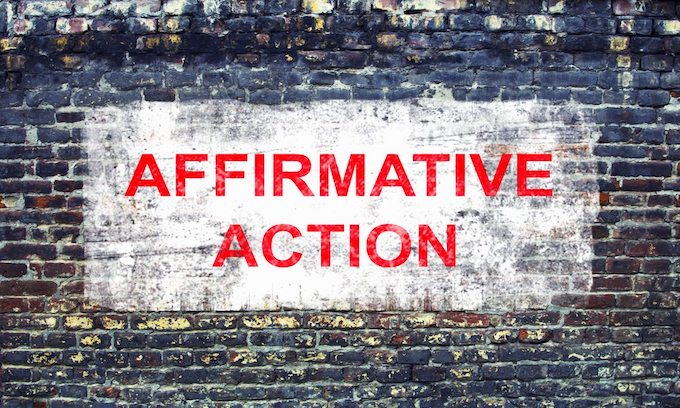
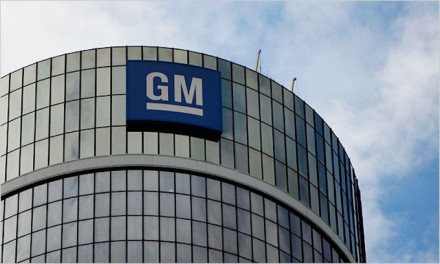

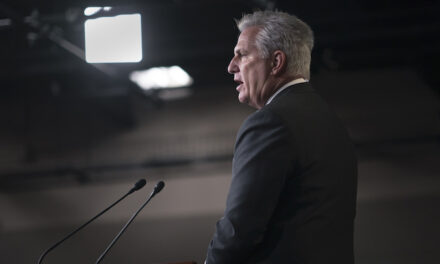
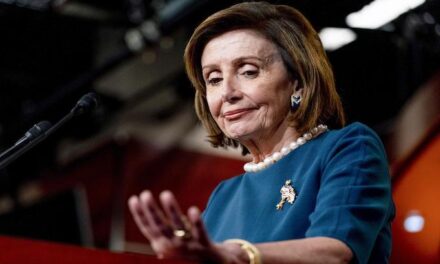







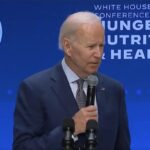



Recent Comments